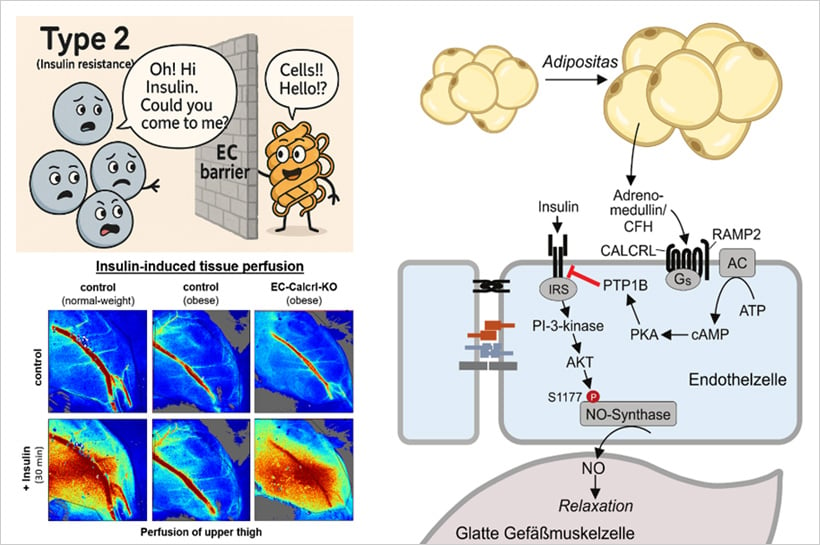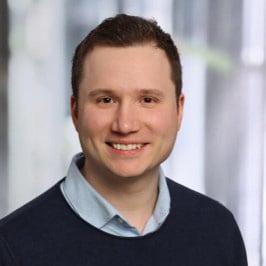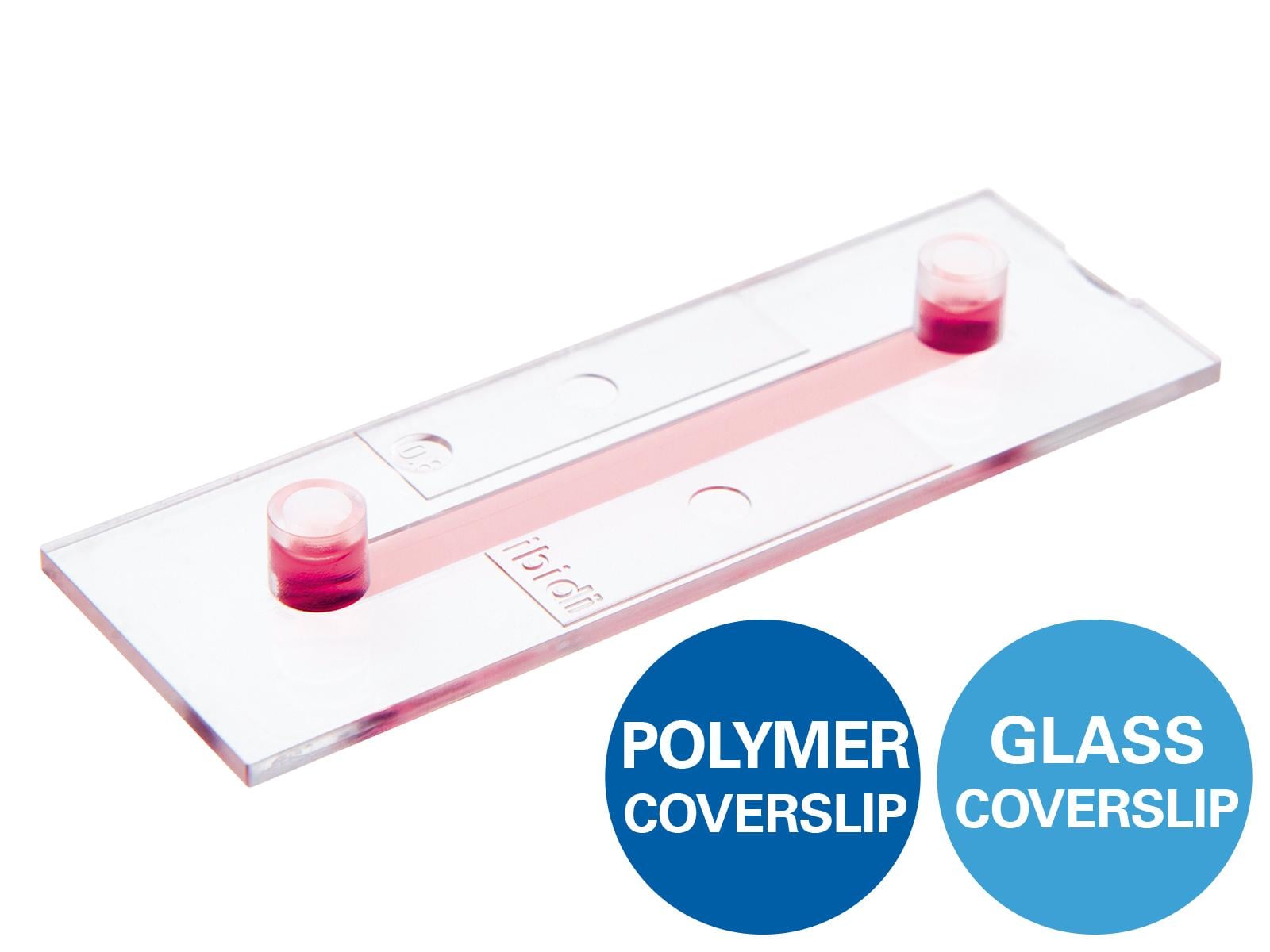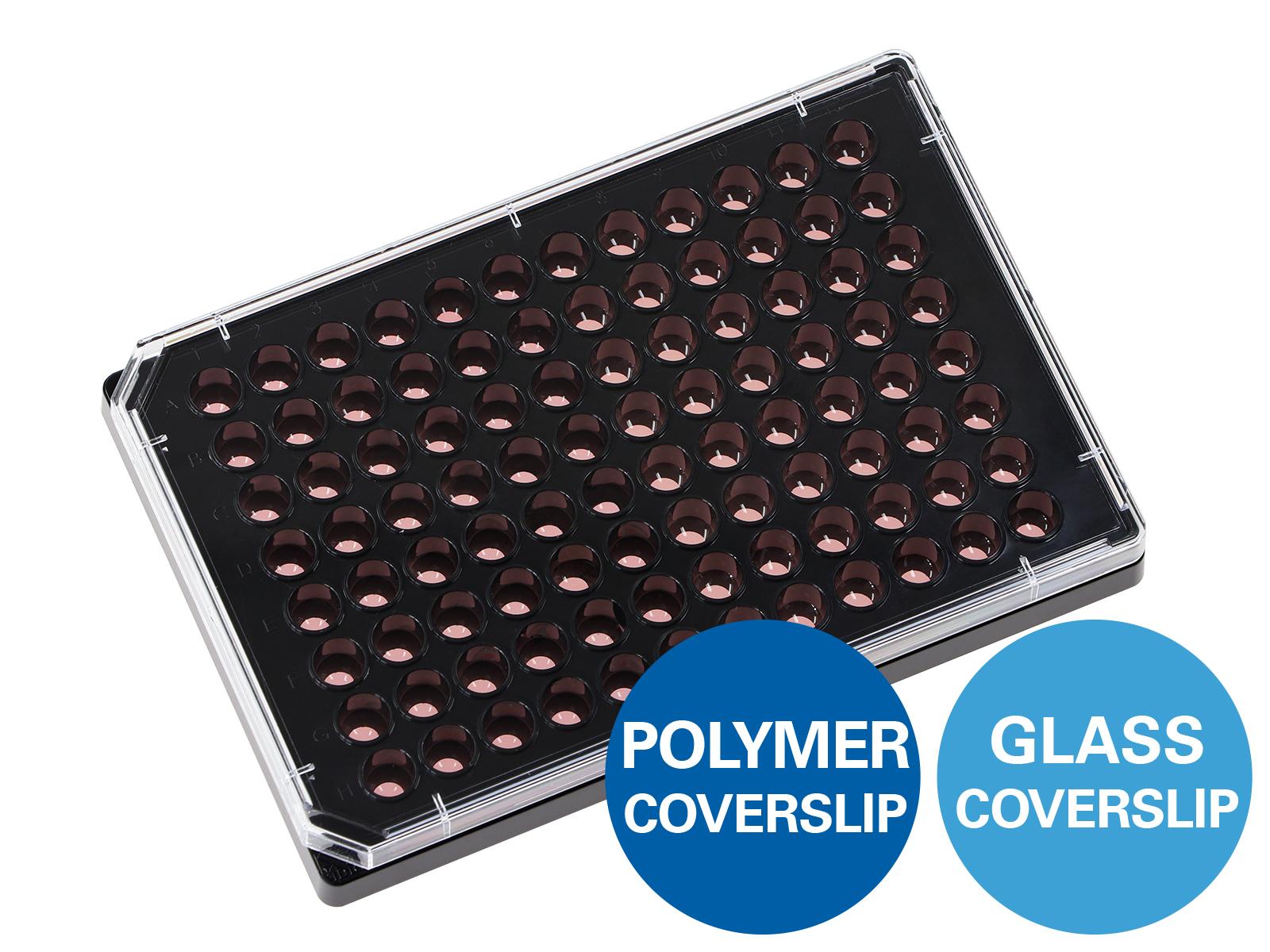Congratulations to the 2025 GfMVB Award Winners!
Celebrating Excellence in Vascular and Cardiovascular Research
As part of our ongoing commitment to support young scientists, ibidi is a proud sponsor of two prestigious awards that were presented at the “Perspectives in Cardiovascular Biology” conference, organized by the German Society for Microcirculation and Vascular Biology (GfMVB), in April 2025.
Both awards recognize outstanding contributions in the field of vascular biology and microcirculation research, highlighting innovative projects from talented, early-career researchers.
The GfMVB Emerging Scientist Award
The Emerging Scientist Award recognizes excellent contributions in the field of experimental and clinical research in microcirculation and vascular biology, published in the year preceding the annual GfMVB conference.
Winner: Dr. Haaglim Cho
Institution: Max Planck Institute for Heart and Lung Research, Bad Nauheim, Germany
Awarded for his project: “Endothelial insulin resistance due to increased adrenomedullin signaling contributes to obesity-induced type 2 diabetes”
Dr. Cho’s recent research found that increased adrenomedullin in obese humans and mice inhibits insulin signaling at insulin receptors on human vascular endothelial cells via PTP1B-mediated dephosphorylation (Science, 2025). Notably, obese mice lacking adrenomedullin receptors on endothelial cells showed improved insulin-induced endothelial nitric oxide synthase activation and skeletal muscle perfusion. Treating lean mice with adrenomedullin mimicked the insulin resistance seen in obesity, confirming that systemic insulin resistance is induced through endothelial adrenomedullin receptors. Dr. Cho further demonstrated that ablation or blockade of these receptors ameliorates obesity-induced insulin resistance. This groundbreaking work sheds new light on the mechanisms of systemic insulin resistance and opens promising avenues for treating obesity-associated type 2 diabetes.

About the Winner
Dr. Haaglim Cho studied medicine and molecular biology at KNU (Korea) and earned a master’s degree in molecular genetics. He pursued his PhD at the Gwangju Institute of Science and Technology (GIST) under Prof. Darren Reece Williams, where he developed ENOblock, a small-molecule inhibitor targeting metabolic disease pathways. He also uncovered how cancer-associated fibroblasts (CAFs) promote an immunosuppressive tumor microenvironment, proposing a dual IL-6 and GM-CSF blockade as an anti-metastatic strategy. In 2019, Dr. Cho received the prestigious Humboldt Research Fellowship and joined the Max Planck Institute for Heart and Lung Research under Prof. Stefan Offermanns. Since 2022, he has served as a project leader, focusing on how endothelial dysfunction drives systemic insulin resistance. His research uniquely integrates vascular biology, cancer immunology, and metabolic physiology to identify novel therapeutic targets.

We would also like to extend our heartfelt congratulations to Dr. Laetitia Préau from KIT, Karlsruhe and Dr. Tore Bleckwehl from Uniklinik RWTH Aachen, who were both finalists in the Emerging Scientist Award session. Laetitia’s project focused on the identification of novel organo-typical angiogenic cell types and sprouting forms involved in neural vascularization. Tore’s work centered on mapping cellular interactions in human atherosclerosis using a multimodal transcriptomic approach. Their presentations reflected outstanding scientific quality and innovation in the field of cardiovascular biology.
The GfMVB Young Investigator Award
The Young Investigator Award (YIA) selection is based on scientific excellence and presentation skills and is evaluated by a dedicated committee during the conference. The award aims to support emerging researchers at the beginning of their scientific careers.
Winner: Dr. Julian Wagner
Institution: Institute of Cardiovascular Regeneration, University Hospital Frankfurt, Germany
Awarded for his project: “Age-associated loss of lymphatic vessels promotes cardiac inflammation”
Dr. Wagner’s research focuses on the role of lymphatic vessels in maintaining cardiac health and how their decline with age contributes to increased inflammation in the heart. His innovative work opens up new perspectives for developing therapies targeting age-related cardiovascular diseases.
About the Winner
Dr. Julian Wagner is a Group Leader at the Institute of Cardiovascular Regeneration at Goethe University Frankfurt, Germany, and a speaker at the CPI Academy, a division of the Excellence Cluster "Cardiopulmonary Institute." After completing his studies at the University of Giessen, Germany, he obtained his Ph.D. in 2020 under the supervision of Prof. Stefanie Dimmeler in Frankfurt, focusing on the endothelial niche in the aging heart. From 2020 to 2024, he worked as a postdoc, initially investigating the impact of SARS-CoV-2 on the cardiovascular system. Since then, he has explored neurovascular interactions in the aging heart and had his research published in Science . During his postdoctoral tenure, he also served as a short-term fellow in the laboratories of Prof. Kari Alitalo (Helsinki, Finland) and Prof. Richard T. Lee (Harvard University, Cambridge, MA, USA).

ibidi – Supporting the Next Generation of Scientists
At ibidi, we are passionate about supporting young researchers and fostering innovation in life science and biomedical research. We warmly congratulate both Dr. Haaglim Cho and Dr. Julian Wagner on their well-deserved awards and wish them all the best for their future scientific endeavors!




